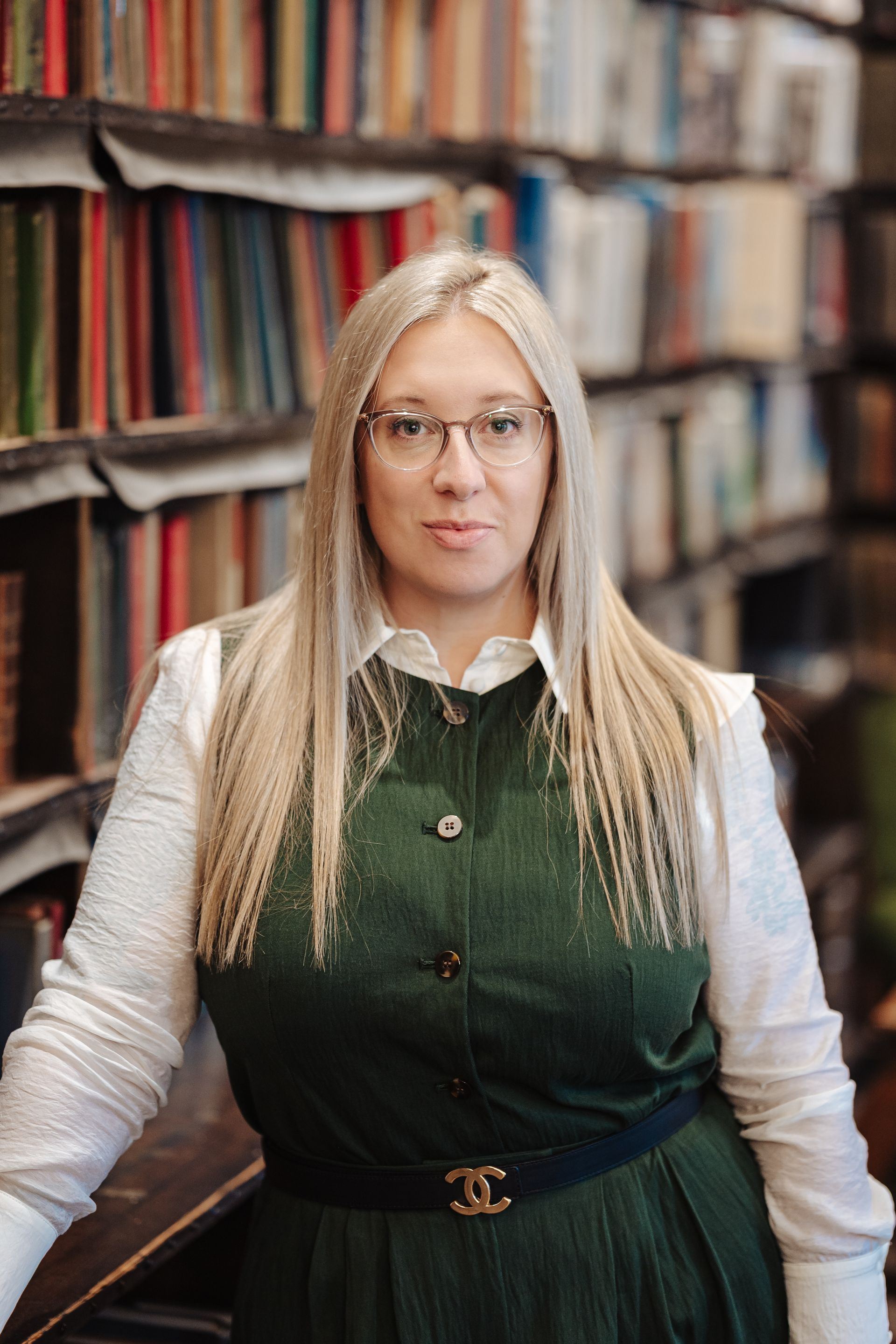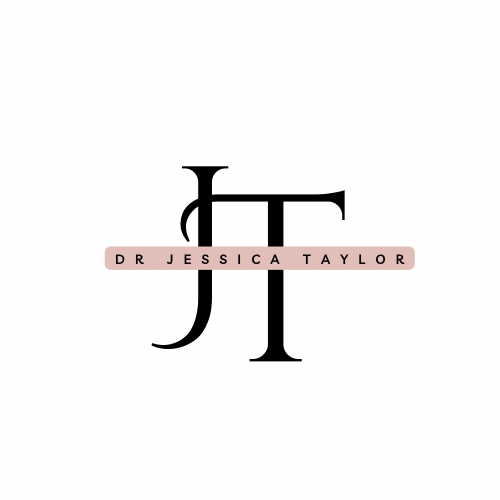
Dr Jessica Taylor
PhD AFBPSS CPSYCHOL FRSA PGDIP
Born: October 1990
Occupation: Chartered Psychologist | Sunday Times Bestselling Author |
Director of VictimFocus | Speaker | Researcher | Mentor | Sound Healer
Alma mater: University of Birmingham (PhD) and The Open University (BSc)
about
Dr Jessica Taylor is a Chartered Psychologist, multi-Sunday Times bestselling author, and internationally recognised expert in victimology, trauma, and forensic psychology.
Jessica has a PhD in Forensic Psychology from University of Birmingham and in 2019, she was awarded a Fellowship of Royal Society of Arts (FRSA) for her contribution to feminism and psychology. In 2023, she was awarded the Associate Fellowship of the British Psychological Society (AFBPsS) to recognise her contribution to the field of psychology.
Her first book, 'Why Women are Blamed for Everything' was published with Little, Brown in 2020. Her second book, 'Sexy But Psycho: Uncovering the psychiatric labelling of women and girls' was published in 2022, and became a Sunday Times Bestseller. In 2023, Jessica co-authored 'The Indicative Trauma Impact Manual' with Jaimi Shrive, completing the first comprehensive textbook A-Z of trauma responses and coping mechanisms. In 2024, her memoir, 'Underclass: A Memoir' was released, and became her second book to hit the Sunday Times Bestseller list.
Dr Jessica Taylor appears frequently in the media as a victim psychologist and academic speaker for documentaries such as BBC 'Womanhood', ITV 'When Nudes are Stolen' and 'Celebrity Health Stories', regular radio, podcast, and TV interviews, and #1 trending Netflix true crime series such as 'My Lover, My Killer' and 'Meet, Marry, Murder'. Jessica has also written numerous op-ed pieces for The Independent and The Guardian.
She is a spirited and influential academic utilising social media to share her ideas and views, with half a million followers across her platforms, with a reach of over eight million people per month.
As CEO of VictimFocus, she leads the organisation’s strategic direction, national influence, and international partnerships. Her work spans the development of evidence-based psychological theory, high-impact resources, service frameworks, and consultancy models used across health, justice, education, and social care.
Jessica specialises in anti-pathology, trauma-informed approaches to understanding and responding to trauma and abuse of women and girls, leading projects and lecture series in the UK, Australia, New Zealand, and USA.
With a wealth of frontline experience working directly with victims and survivors, Jessica brings a grounded, practice-informed perspective to her research, writing, and leadership. A leading voice in the development of trauma-informed, anti-oppressive frameworks for systems and services, she has advised on national policing strategies, government VAWG and mental health policy, and institutional reform in the UK and internationally.
Her expertise helps organisations stay ahead of the curve, align with national guidance and inspection standards, and implement meaningful, systemic change. Through her research, writing, and public engagement, she has played a key role in transforming understanding of victim blaming, trauma-informed practice, and institutional responses to abuse.
In 2025, Dr Jessica Taylor became the Patron for an innovative trauma-informed child sexual abuse service in Perth, Western Australia.
